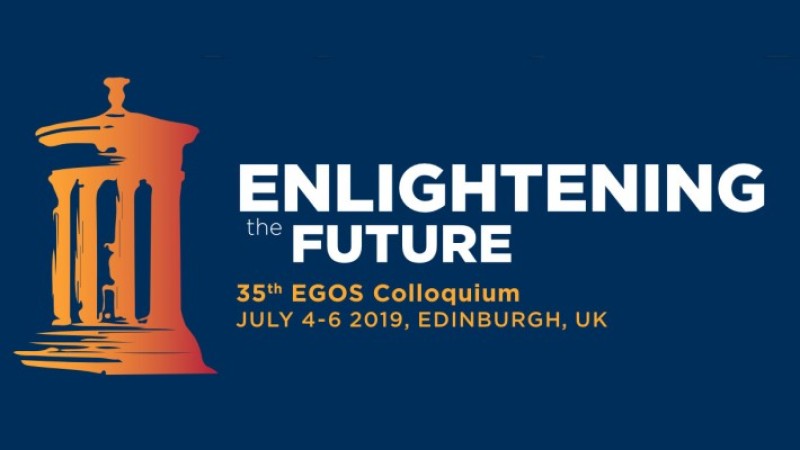PDW 05: Pushing Boundaries in Organizational Network Research ---> CANCELLED!
Call for Applications
Purpose
The focus of organizational network research has shifted in the last years: While early work has mainly
analysed the structure of networks and the influence of structure on outcomes at different organizational levels of analysis,
we observe an increasing interest in the multilevel nature, evolution, or content of organizational networks and their ties.
With this shift, novel theoretical perspectives such as cognitive activation (e.g., Parker et al., 2016; Smith et al., 2012)
or conservation of resources (Hobfoll, 1989; Methot et al., 2016) inform our research and extend the already extensive theory-base
underlying organizational network studies. While this plethora of theories opens up intriguing opportunities it also presents
a danger of fragmentation and segregation of the field. Alongside the theoretical expansion, methods for collecting and analysing
network data have become more sophisticated and open up new possibilities and pitfalls.
This Pre-Colloquium
Development Workshop (PDW) provides a forum for PhD students and early career researchers facing the above opportunities and
challenges to present and discuss their work and get feedback from fellow participants and convenors. We encourage submissions
of new ideas on, and innovative contributions to, topics that push forward theoretical, empirical and/or methodological frontiers
of organizational network research. The PDW is open to participants representing various disciplines, theoretical orientations,
and interests in organizational networks at a variety of levels to exchange ideas, research approaches and designs as well
as research results. Topic areas include but are not limited to studies in organization science, innovation studies, institutional
economics, structural sociology, public administration, health care and business management.
We aim to include
in the PDW research projects at varied stages of development, ranging from early stage research proposals, mid stage (data
analysis), later stage (write-up, job market paper) or revise & resubmit stage. Invited participants are asked to have
read the papers of the other participants, give a presentation of their own work, and function as a discussant for one other
paper. Participants will also be paired with one of the convenors to receive feedback on their own project.
Application
All scholars interested in further developing their papers/projects towards publishable
articles are invited to apply to this PDW. However, preference will be given to PhD students/early career scholars. To be
considered as an early career scholar, the applicant needs to have completed his/her doctoral/PhD thesis within the last three
years.
Please submit – via the EGOS website – by April 2, 2019 a single document of application (.doc,
.docx or .pdf file) that contains
On the first page: a short letter of application containing full details of name, address (postal address, phone and email), affiliation (date of PhD completion for early career scholars), a statement of why the applicant considers it valuable to attend the workshop
An abstract (max. 800 words excl. references) about the project they will conduct (research proposal), are conducting (mid stage) or have conducted (paper draft stage/job market paper, revise and resubmit stage)
The abstracts will be assessed by the convenors for innovativeness
of ideas, clarity of presentation of (potential) methods, data quality and depth of theory development.
Selected
participants are required to submit a full research proposal/paper by mid-June 2019.
References
- Hobfoll, S.E. (1989): “Conservation of resources: a new attempt at conceptualizing stress.” American Psychologist, 44 (3), 513–524.
- Methot, J.R., Lepine, J.A., Podsakoff, N.P., & Christian, J.S. (2016): “Are workplace friendships a mixed blessing? Exploring tradeoffs of multiplex relationships and their associations with job performance.” Personnel Psychology, 69, 311–355.
- Parker, A., Halgin, D.S., & Borgatti, S.P. (2016): “Dynamics of Social Capital: Effects of Performance Feedback on Network Change.” Organization Studies, 37 (3), 375–397.
- Smith, E.B., Menon, T., & Thompson, L. (2012): “Status differences in the cognitive activation of social networks.” Organization Science, 23 (1), 67–82.


